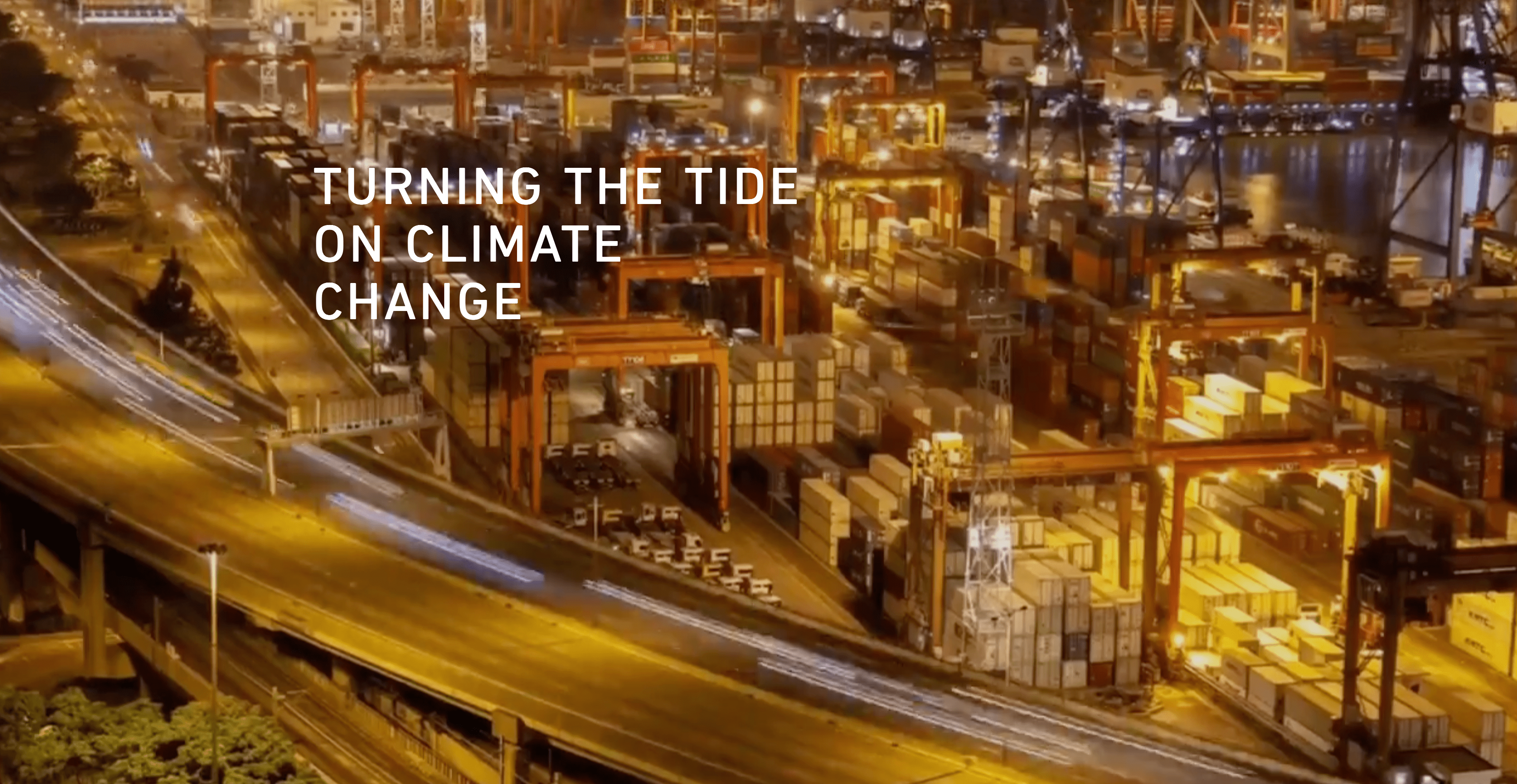UN-led coalition to release targets to cut carbon from public construction projects
21 September 2022

Pittsburgh, 21 September – New international targets to cut carbon emissions from public construction projects – from new buildings to roads and bridges – will be released by a global coalition of public and private organizations led by the UN Industrial Development Organization (UNIDO).
To be announced on Friday 23 September at the 13th Clean Energy Ministerial in Pittsburgh, Pennsylvania, the Green Public Procurement Pledge aims to incentivize low-carbon production and use of steel, cement and concrete. These materials currently contribute the largest share of industrial carbon emissions. Governments are among their biggest purchasers.
“All actors must accelerate progress towards net-zero goals,” said Rana Ghoneim, Head of UNIDO’s Energy Systems and Industrial Decarbonization Unit and coordinator of the international Industrial Deep Decarbonization Initiative (IDDI) coalition that released the pledge. “Government commitments to buy green can make a pivotal difference.”
Current members of IDDI – which is an international initiative of the Clean Energy Ministerial – include Canada, Germany, India, the United Kingdom and the United Arab Emirates. Private sector partners include associations of companies that make or use steel, cement and concrete.
The pledge to be announced in Pittsburgh asks member governments to start (no later than 2030) requiring that materials used in all public construction projects are low-emission – and that “signature projects” use near-zero emission materials. It will also include targets announced at last year’s COP26 in Glasgow to require (by 2025) the monitoring and disclosure of embodied carbon emissions – meaning those from the production as well as the use – of steel, cement and concrete in publicly-funded construction projects, and aim for net-zero emissions by 2050.
National and sub-national government entities (such as states, provinces, cities) will be asked to sign up to one or more pledge levels, and encouraged to be as ambitious as possible given national circumstances, and to make specific commitments following national consultations.
Tareq Emtairah, Director of UNIDO’s Decarbonization and Sustainable Energy Division said: “Steel, cement and concrete are the building blocks of our modern world. Demand for these materials is high and rising but they are also responsible for the largest share of industrial greenhouse gas emissions. Decarbonizing these industries is challenging but it is urgent. That is why coordinated action at the global level is more than ever needed today.”
“Government leadership, including through its massive buying power, provides a crucial signal to companies and investors to commit to the clean industrial revolution,” said Dan Dorner, the Clean Energy Ministerial’s Head of Secretariat. “I hope others will be inspired to join these international efforts to supercharge the transition to clean industrial products.”
Matt Rogers, CEO of the Mission Possible Partnership, said: “The imperative is to act now, to demonstrate that green procurement can drive decarbonization of carbon emissions-intensive industries. Pledges met in this decade will enable industries to adopt cleaner, greener processes and technologies.”
Contact:
Macarena Aguilar